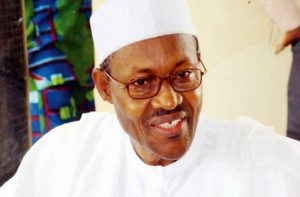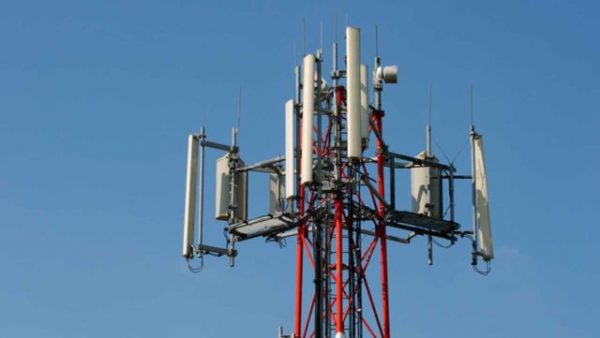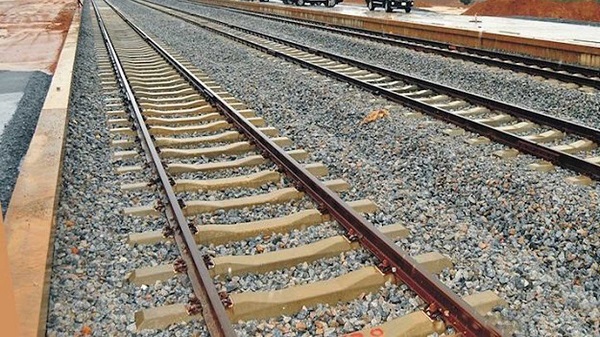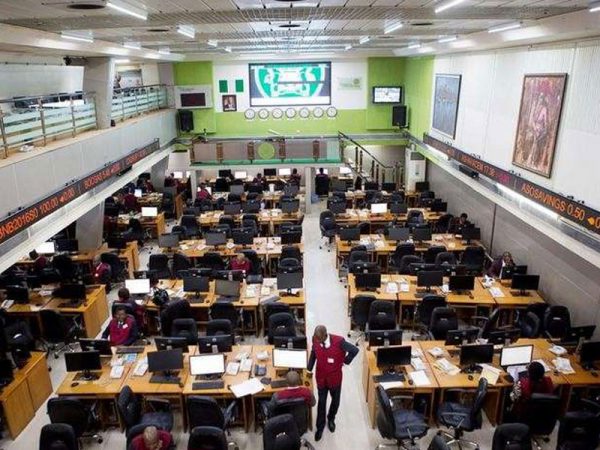We picked N5,000 stipend beneficiaries two years ago – Presidency

The Presidency on Sunday said beneficiaries of the Conditional Cash Transfer could not be said to have been chosen based on any partisan consideration because they were picked before the inception of the present administration.
The Senior Special Assistant to the Vice-President on Media and Publicity, Mr. Laolu Akande, made the clarification in a statement made available to journalists.
Under the CCT, a component of the government’s Social Investment Programmes, one million Nigerians are expected to receive N5,000 monthly as a form of social safety net for the poorest and the most vulnerable.
There have been fears that all or most of the beneficiaries will be picked from the ruling All Progressives Congress.
But Akande said the Community-Based Targeting model of the World Bank was used two years ago to identify most of the beneficiaries in the pilot states.
He said, “There is no way anyone can describe the selection of the beneficiaries of the CCT as partisan as the beneficiaries from eight of the nine pilot sates were picked even before this administration came into office.
“First, the officials at the federal level, working with the state officials, identified the poorest local government areas, using an existing poverty map for the state.
“Then the local government officials identified the poorest communities in the LGAs and we sent our teams there.
“The first thing our team does after selection of the LGAs is to select members of the NOA, the LGA and community officials to form the CBT team. Then we train the selected officials on how to conduct focus group discussions at community level. These focus groups comprise of women, men, youth, as the community determines.”
Akande further explained that after the training, the CBT teams went to their communities to sensitise the leaders, including traditional rulers, on the process and the need for objectivity and openness.
The CBT team, he said, would then compile the criteria and parameters and ask each group to return to their break-out sessions and then began to identify the households in the community that had been identified as fitting the criteria and parameters.
According to Akande, in eight of the nine pilot states, the process had taken place at least two years ago under a programme supported by the World Bank under an agreement entered into directly with the state governments on the YESSO project.
He said the ninth state, Borno, was added because of the Internally Displaced Persons situation, with the list of the beneficiaries that had been verified by SEMA.
“This is an entirely fair and transparent process and short of mischief. There is no way you can describe this process as partisan. The President is President of the entire country and the SIPs are for all Nigerians as the case may be,” he added.
Akande also said beneficiaries had been receiving the monthly stipends in all the nine pilot states: Bauchi, Borno, Cross River, Ekiti, Kwara, Kogi, Niger, Osun and Oyo.
In addition to the nine pilot states, he said with the release of funds for the programmes, the CBT model had commenced in other states.
He said, “The states have been updated on the requirements for the engagement by the federal team and once the lists from states are enumerated, their details are uploaded onto a server at the Nigeria Inter-Bank Settlement System, which hosts the electronic platform that validates all the payments of the FG for the SIPs.
“Banks have been informed that payments must be at community level; so, those banks engaged for the pilot stage have in turn engaged several payment agents, to ensure cash-out to the beneficiaries in their places of residence which are distant to the bank locations.”







